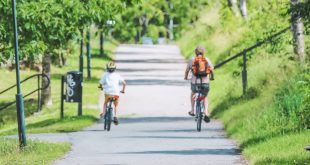We live in a risk-averse, litigious society yet if our ancesters hadn’t taken risks, we wouldn’t have had vaccines, penicillin, antibiotics, aspirin, X-rays, heart surgery, or the contraceptive pill. No aeroplanes, railways, cars or bicycles. No ploughs. And nobody would have ever bothered to discover America.
This is how scientists attending a conference organised by Spiked magazine imagine history, had past developments been subject to the constraints of the ‘precautionary principle’ – the assumption that experimentation should only proceed where there is a guarantee that the outcome will not be harmful.
When asked to name those ‘risky’ inventions that would never have seen the light of day, Dr Ilya Eigenbrot, science communicator and Faraday lecturer at Imperial College, London, said:
"All drugs with side effects (practically all drugs from aspirin to zovirax); all flight; all space travel and space exploration; the Otto and Diesel internal combustion engines; nuclear power; the bicycle."
Joe Kaplinsky, a patent and technology analyst, said:
"The most important discovery that would never have been made, if we had all stayed at home, is America – which would not have been discovered even once."
 BikeBiz Bicycle and cycling retail news
BikeBiz Bicycle and cycling retail news



